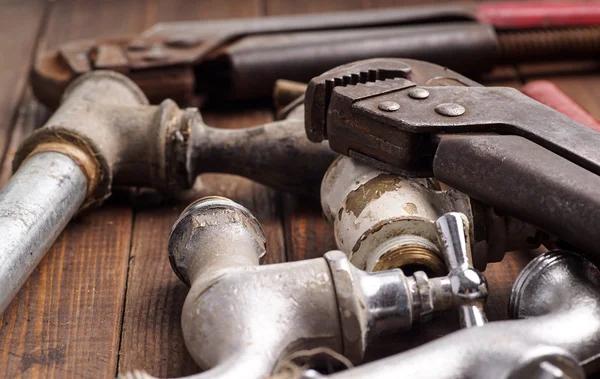Washington’s water quality experts emphasize the critical importance of backflow prevention in maintaining safe and clean water supplies throughout the state. Backflow occurs when contaminated water flows backward into the clean water system, posing significant health risks to communities. This can happen due to changes in pressure within plumbing systems, often caused by events such as a sudden drop in municipal water pressure or cross-connections between potable and non-potable sources. Preventing backflow is essential for protecting public health, preserving environmental integrity, and ensuring compliance with regulatory standards.
The state of Washington has established stringent regulations that require property owners, businesses, and public facilities to install and maintain backflow prevention devices where there is a potential risk of contamination. These devices are designed to allow water to flow only in one direction-toward the consumer-and prevent any reverse flow that could introduce harmful substances into drinking water lines. Common types include air gaps, reduced pressure zone assemblies, double check valves, and vacuum breakers. Each device serves a specific function depending on the level of hazard present at the installation site.
Water quality professionals across Washington work closely with local governments and utilities to monitor compliance with these requirements through regular inspections and testing programs. Certified testers assess backflow prevention assemblies annually or more frequently if necessary to ensure they operate correctly without leaks or mechanical failures. If a device fails inspection or shows signs of wear, it must be repaired or replaced promptly to avoid contamination incidents.
Education plays a vital role in supporting effective backflow prevention efforts. Experts encourage property owners to understand their responsibilities regarding maintenance schedules and recognizing potential hazards within their Bruno Plumbing & Heating systems. Awareness campaigns highlight how seemingly minor issues like garden irrigation setups or boiler systems can become points of vulnerability if not properly managed.
In addition to protecting human health from contaminants such as chemicals, bacteria, pesticides, and other pollutants found in non-potable sources like irrigation lines or industrial processes, preventing backflow also safeguards infrastructure investments by reducing corrosion risks associated with contaminated water entering pipes.
Overall, Washington’s commitment to rigorous backflow prevention measures reflects its broader dedication toward sustainable environmental stewardship and community well-being. Through collaboration among regulators, industry specialists, property managers, and residents alike-backflow incidents remain rare occurrences rather than common threats-ensuring that every tap delivers safe drinking water consistently across urban centers as well as rural areas throughout the state.
Bruno Plumbing & Heating
65 Campbell Ave, Washington, PA 15301
724-303-7469





